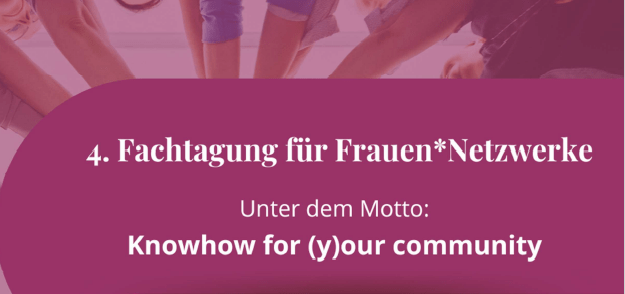Ideas for informal moments
Life report from the online symposium for women*networks in Austria. Juggling, band project, meet-up at wonder.me were some of the methods for informal moments.
From Irene Rojnik
We are trainers in adult education and believe that breaks are part of the learning process and should not be considered as an interruption of the process itself, neither for the trainer nor for the participant. It is not only our experience as trainers, but also scientifically proven[1] that learners need breaks to digest, go deeper or relax. In our Erasmus+ project we researched, discussed and tested different methods of framing breaks – online and on-site.
We defined breaks or “informal moments” as we call them, in our Erasmus+ project as framed spaces and time for informal learning, group dynamics, recreation and well-being.
In this article I would like to share the informal moments in the online “Fachtagung für Frauen*Netzwerke” (symposium for women*networks), which I experienced recently. The 1-day online symposium gathered 200 women from Austria and the German speaking countries with the goal to create knowledge transfer and to promote a professional exchange among active women, and people read as women. The participants were female managers, newcomers or founders of (voluntary) women’s associations and women’s networks as well as their stakeholders.
Online breaks
In one of the breaks, we were invited to learn to juggle by one of the facilitators. The participants started very simple with throwing and catching the ball in one hand and then with the other hand. People, who did not have a ball nearby could also use any other small object, such as an orange, a package of handkerchiefs, some socks or a eraser. Step by step, the participants were challenged to go a bit further. Despite the step-by-step approach we did not all manage, but the exercise got us moving and we had some laughs.
During the second part of the lunch break an online tool “wonder.me” was opened for everybody and the participants were invited to network. On this platform participants can join circles (=rooms) and have a conversation with the people in the same circle. Participants can also create their own room and invite participants to join. The invited person can decide, if they want to join or not. The experience was similar to coffee-breaks, where one could talk to some people and then leave and speak to some others.
Band project
In the afternoon break Anne Damm organised a “band project” with the participants. We started with movement – walking left and right to get into the rhythm of a music. Then she taught us 3 text / movement combination.
- “Hello, here we are” and at the same time tapping on the chest
- “Who are you?” and clapping your hands
- “Me and me and me and me” and raising your hands, while snapping the fingers
The last step was a rhythmic music, where we all performed the sequences. It was a very funny activity, which created a good atmosphere.
Local meet-ups
Interesting was also the concept of local meet-ups after the conference, where participants from a village or region gathered to network and celebrate. Already in the planning phase participants could offer to host a meet-up. In Vienna around 25 women came together to learn about the reality of other women’s organisations and to find common ground.
If you are interested in learning more about the Erasmus+ project “Informal moments in adult education”, please visit the project-site, where you can find more details. In July 2023 we will publish the manual with our learnings and recommendations (in English, German and Italian).
[1] Sonnentag, Sabine: Psychologist, https://psycnet.apa.org/record/2017-14293-001 (10th March 2023)
iMOtion – Framing Informal Moments in Trainings
2021-1-IT02-KA210-ADU-000034106
Our project partners:
- Kamaleonte Asd Aps (Italy)
- 2Kroner Julia Keil und Jan Schröder GbR (Germany)
Creative Commons License CC-BY-NC-SA.
 The European Commission’s support for the production of this article does not constitute an endorsement of the contents, which reflect the views only of the authors, and the Commission cannot be held responsible for any use which may be made of the information contained therein.
The European Commission’s support for the production of this article does not constitute an endorsement of the contents, which reflect the views only of the authors, and the Commission cannot be held responsible for any use which may be made of the information contained therein.


